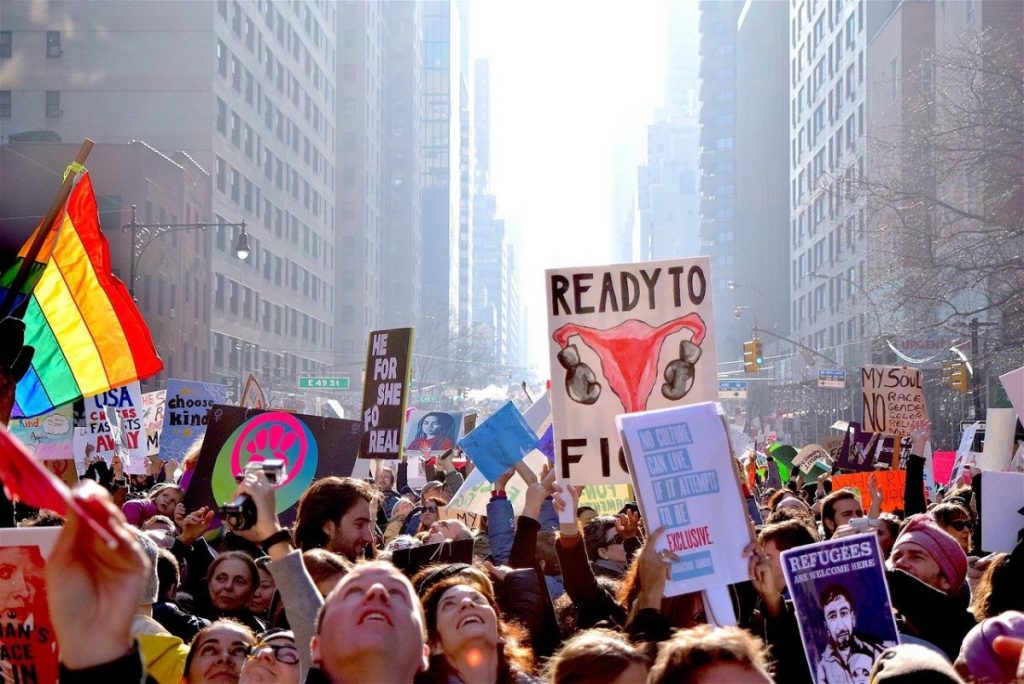
President Joe Biden issued a proclamation exactly 102 years after the 19th Amendment was passed, designating August 26 as Women’s Equality Day — hopefully encouraging more women to run for office in the future.
“On Women’s Equality Day, we celebrate the trailblazers who fought to deliver a better future for America’s daughters,” Biden wrote in the proclamation. “I call upon the people of the United States to celebrate and continue to build on our country’s progress towards gender equality, and to defend and strengthen the right to vote.”
After a year of setbacks for women’s equality – notably the gutting of Roe v. Wade – organizations are trying to make it easier for women to run for state and local office. Emily’s List, Vote Run Lead and She Should Run have started campaigns that offer tools and resources for people to nominate women they know to run for office.
“It’s important to focus now even more on the states because what we’re seeing is a real shift of power back to the states again,” Debbie Walsh, the director of the Center for American Women and Politics, told CBS News this week.
More women are, in fact, running for governor — and winning their primaries in record numbers this year. According to the Center for American Women and Politics, 69 women filed their candidacies this year, up from 61 women in 2018. Nine states currently have female governors, and this year’s races could finally break that record, first set in 2004.
“What you’re looking at is the potential for 11 or 12, maybe even 13 women serving as governor at any one time,” Walsh said. “You’ve got the potential for breaking through that magical nine number that we’ve been stuck at for so long.”
But according to a report from the Brookings Institution, the gender gap in what they term “political ambition” hasn’t narrowed in the last decade. If anything, it’s grown slightly, with men twice as likely as women to say they have “seriously considered” running for political office.
“When you have one who goes out and says this is what I want to do, there’s a domino effect,” Stefanie Brown James, the founder of Collective PAC, told CBS. “Sometimes you have to see it to believe it and then believe that you can do that.”



